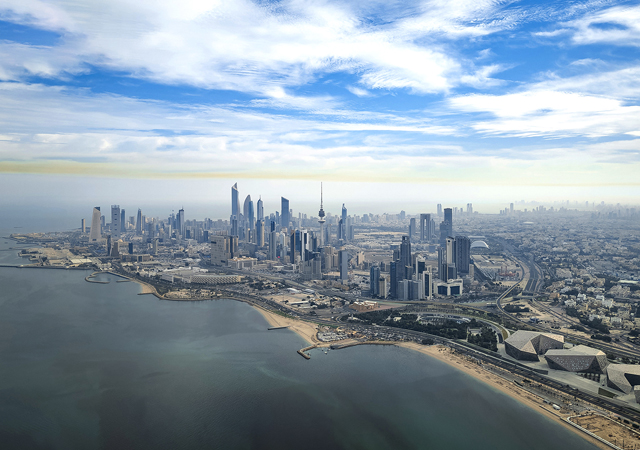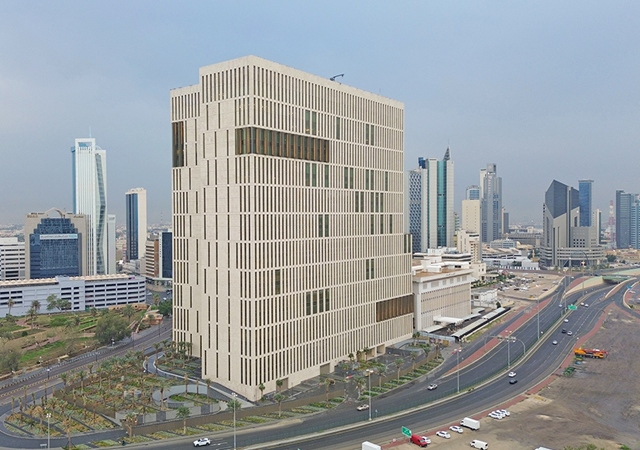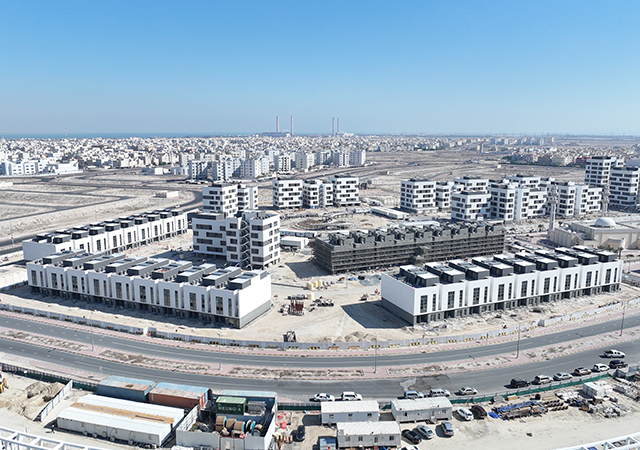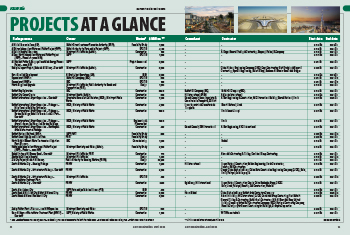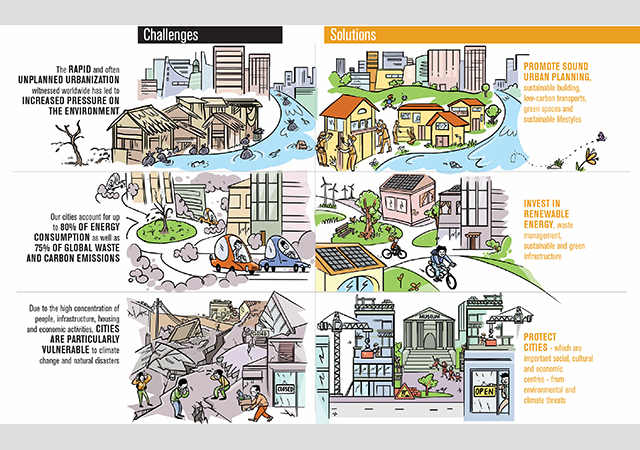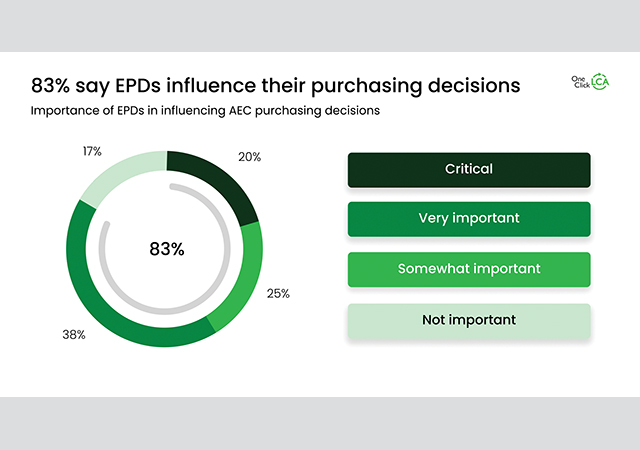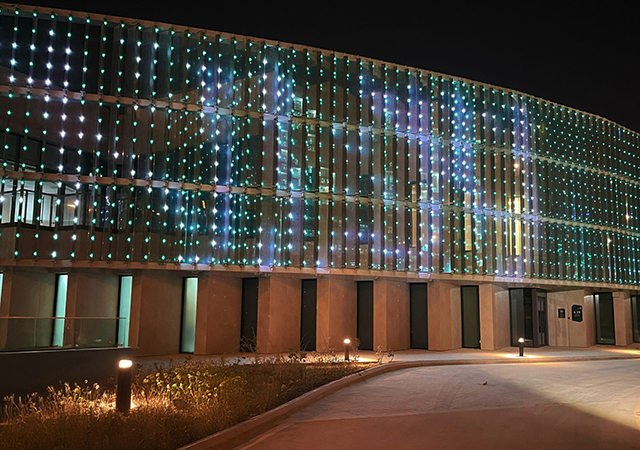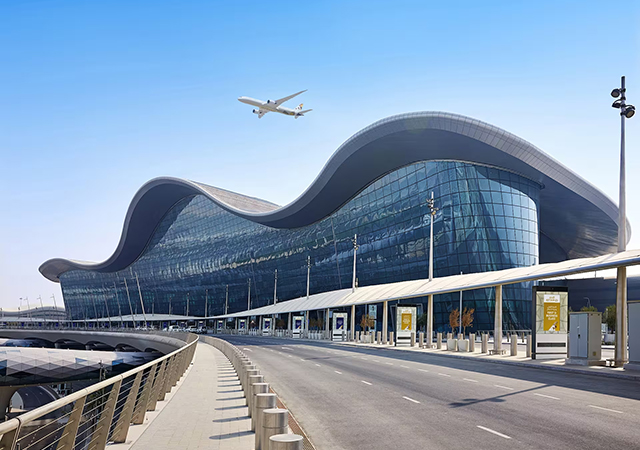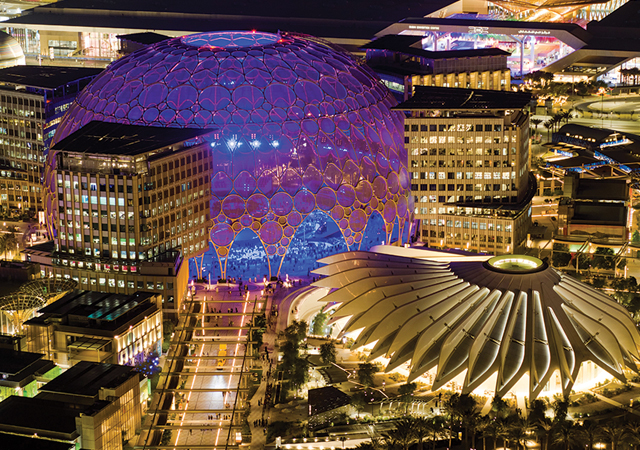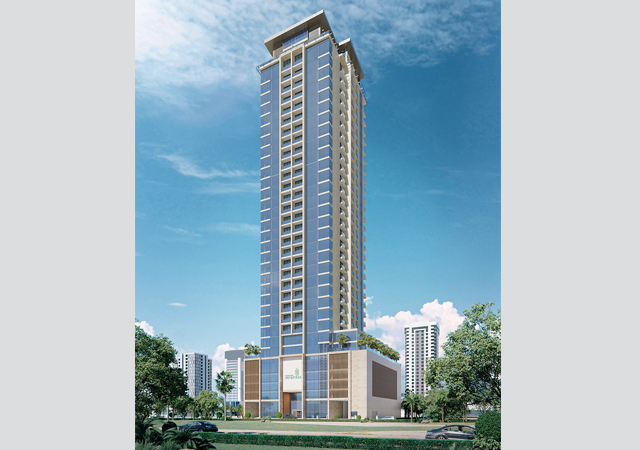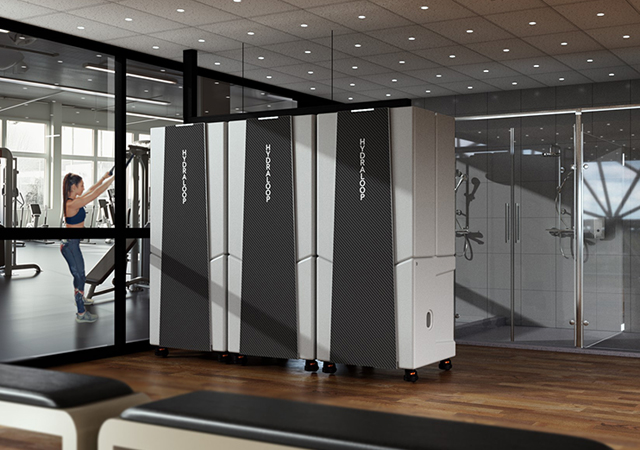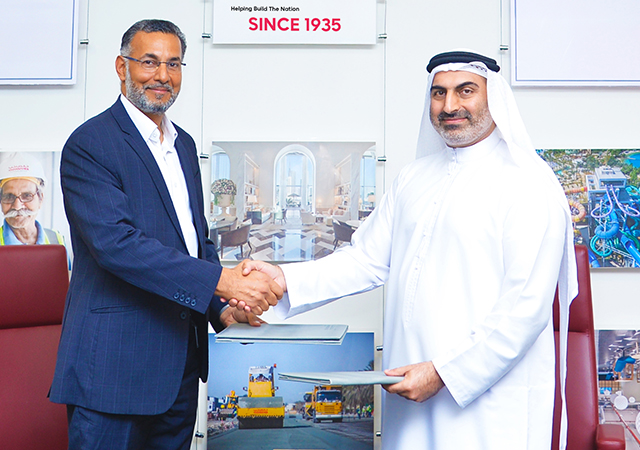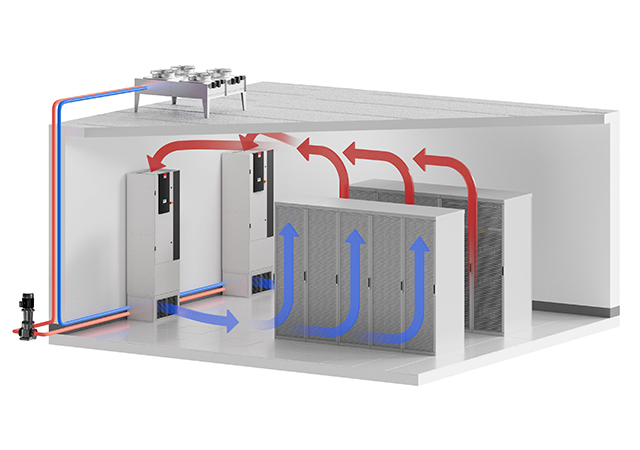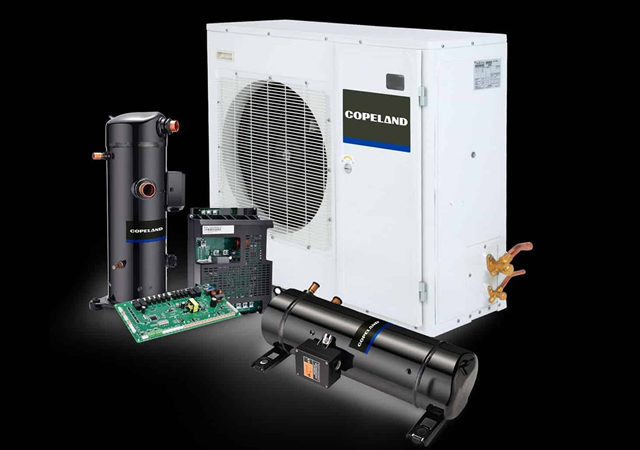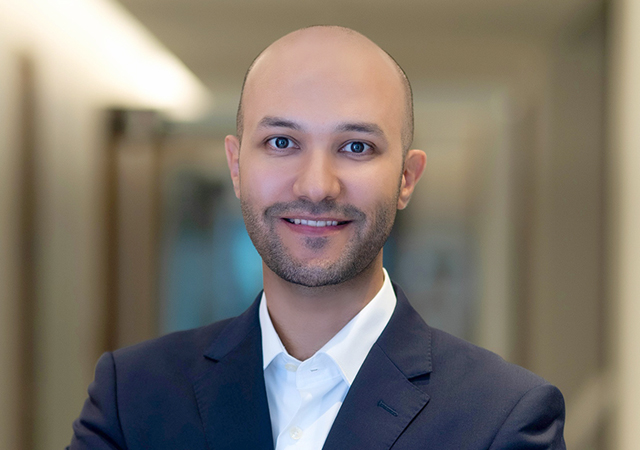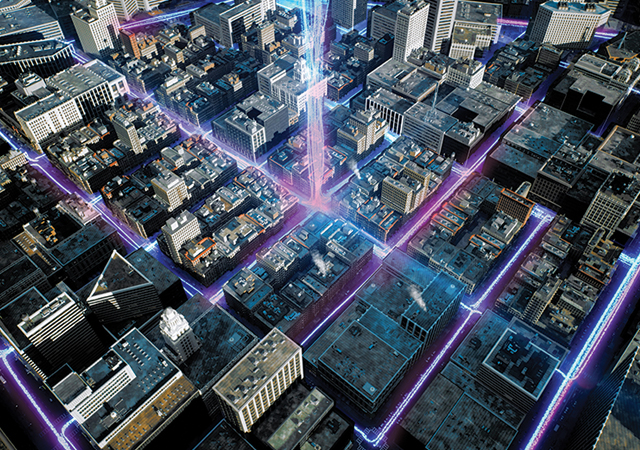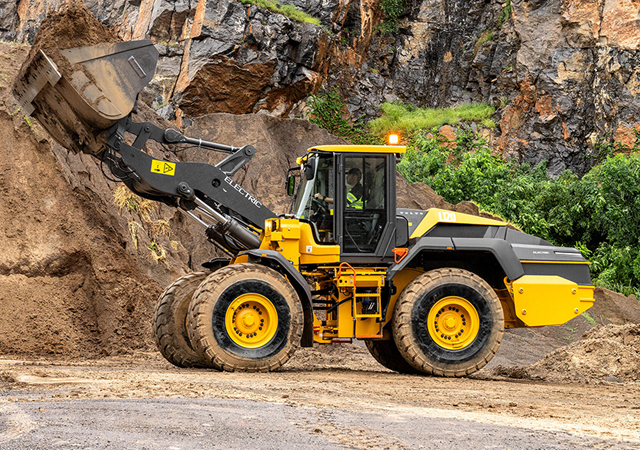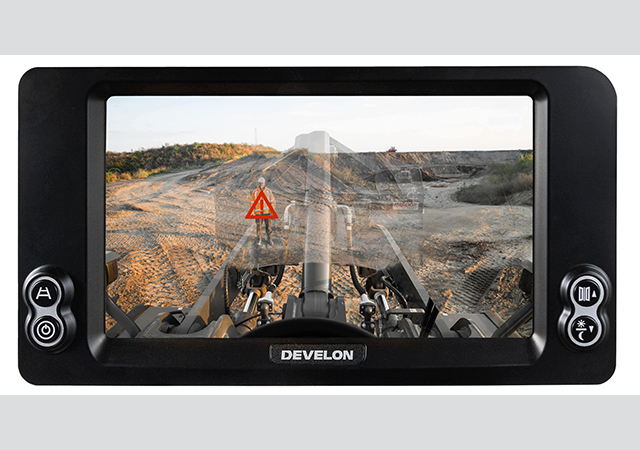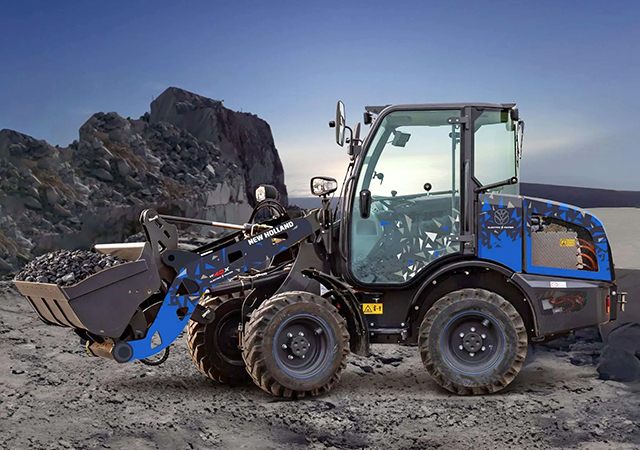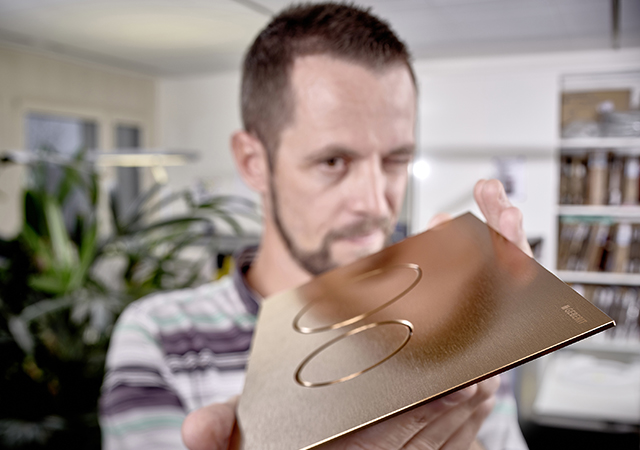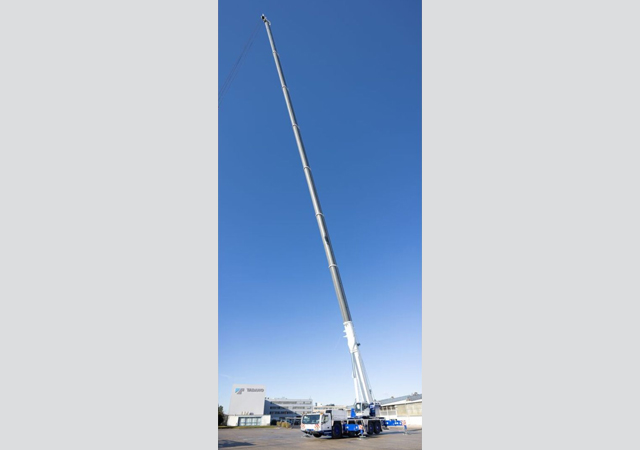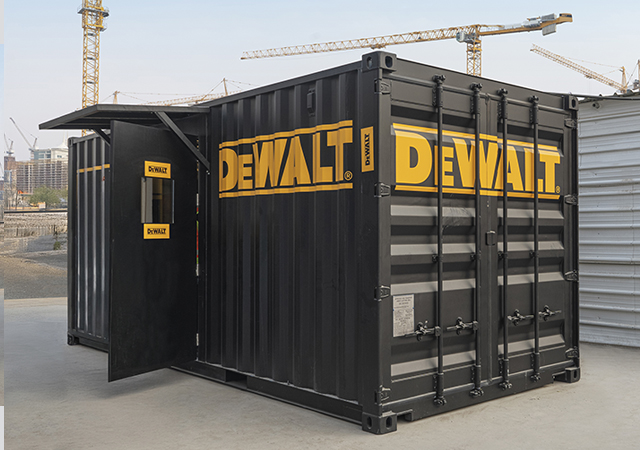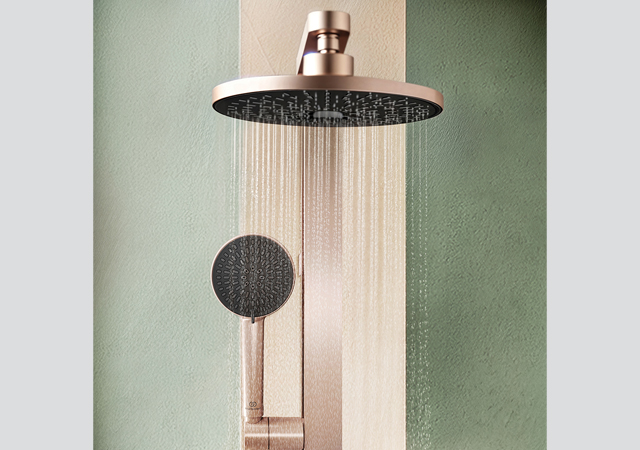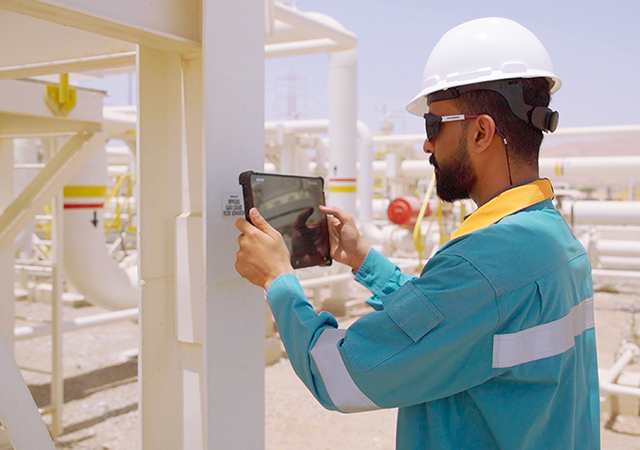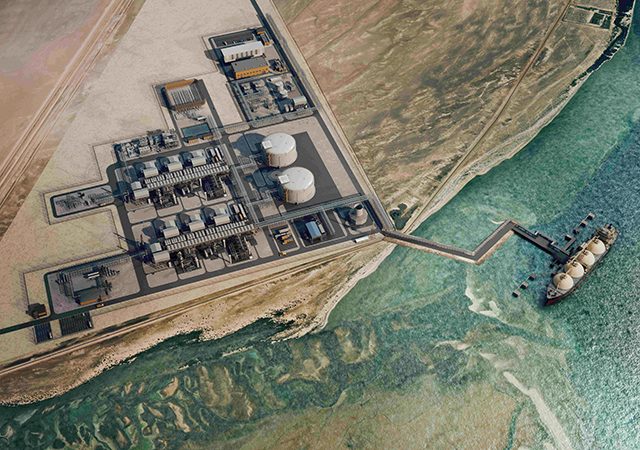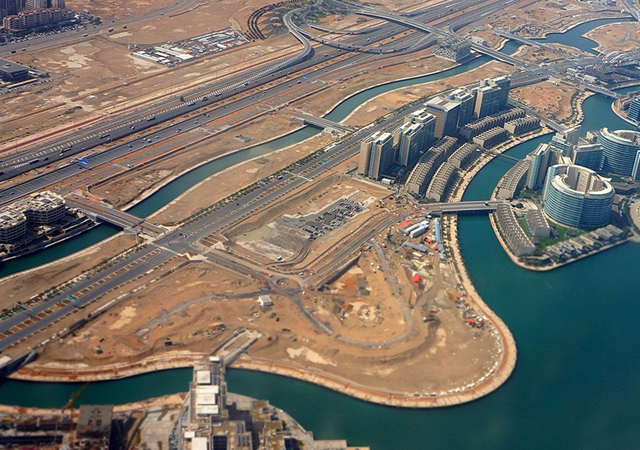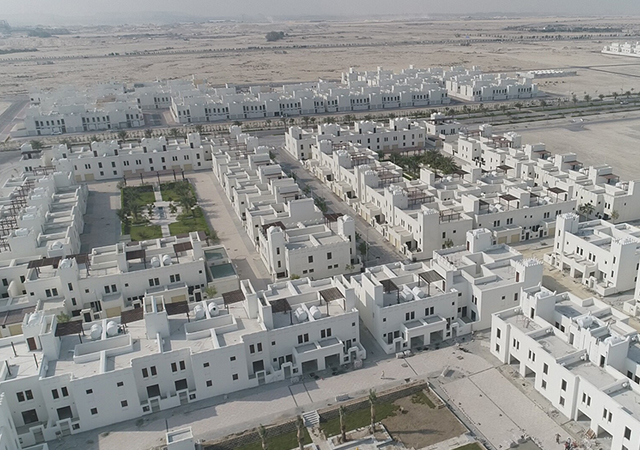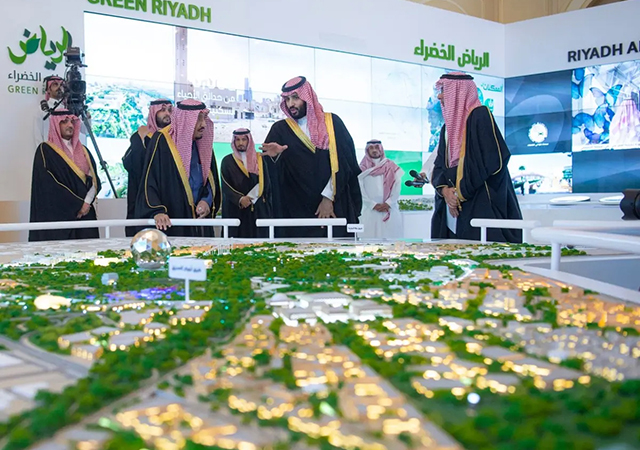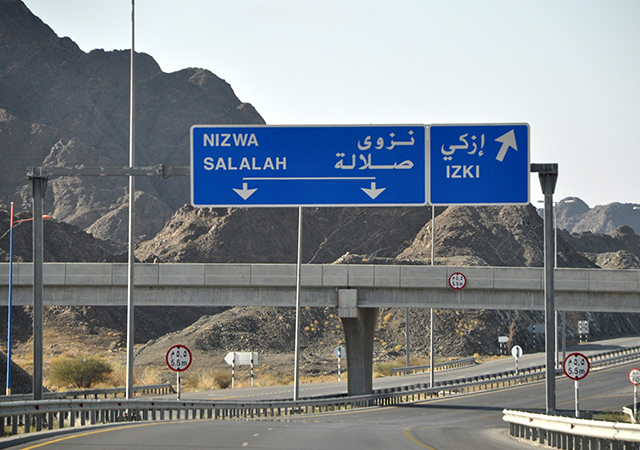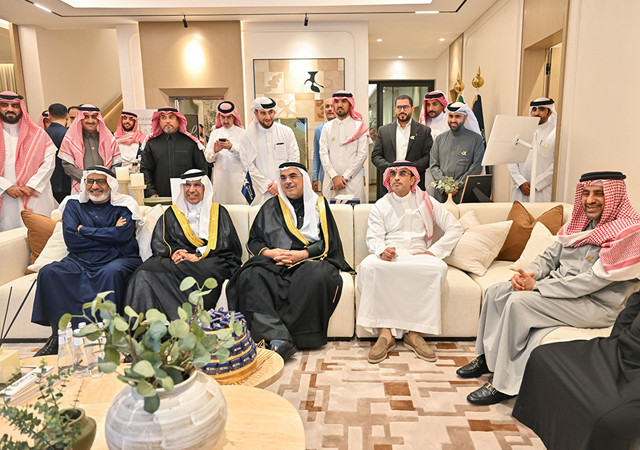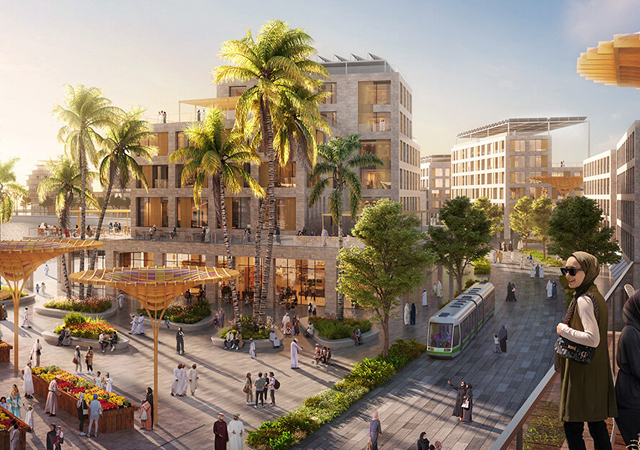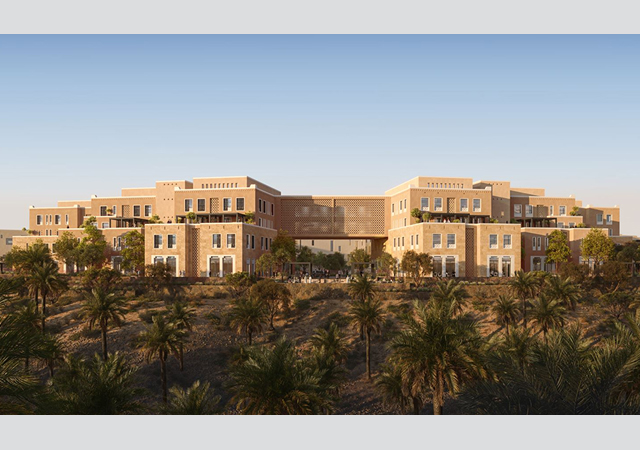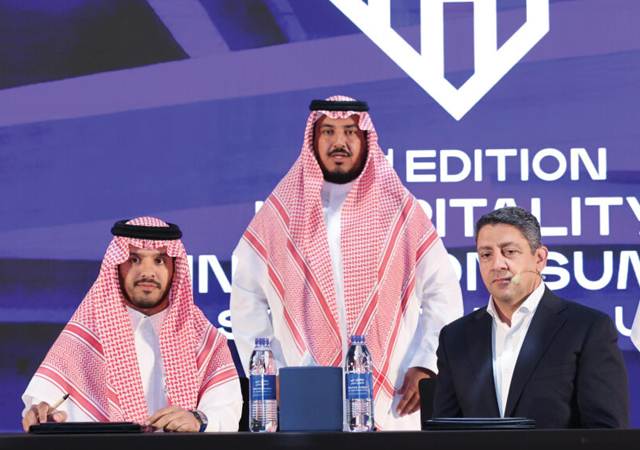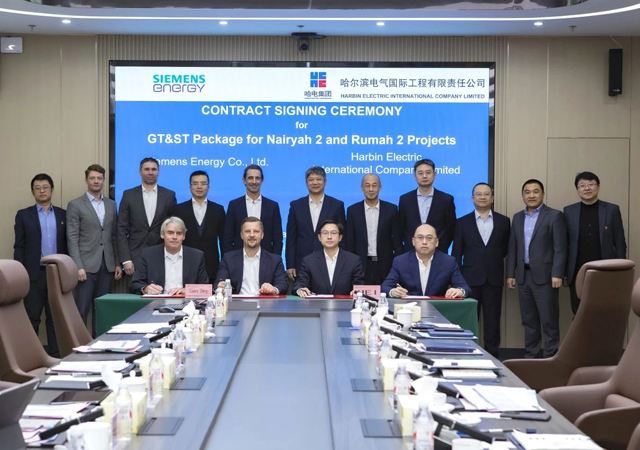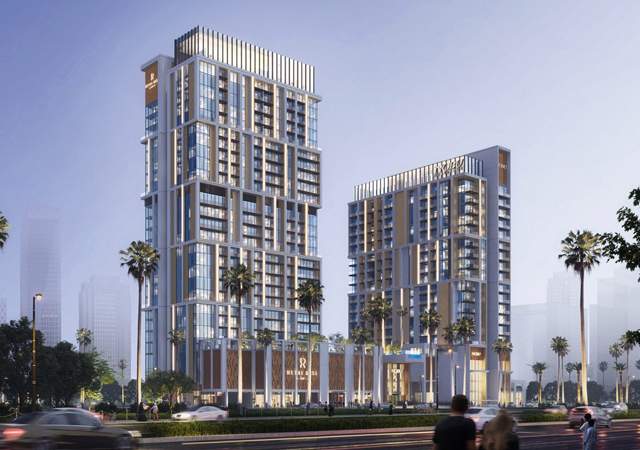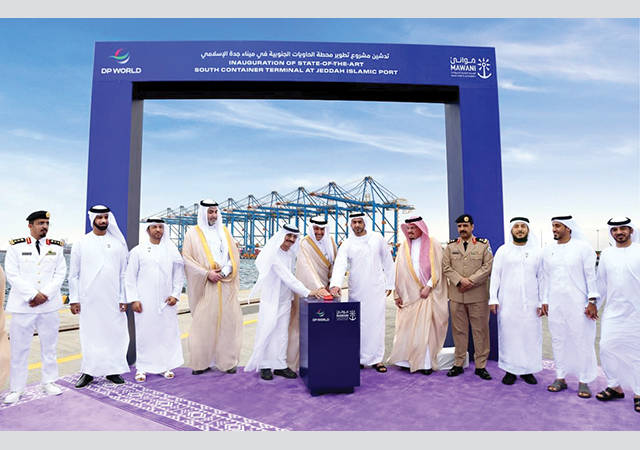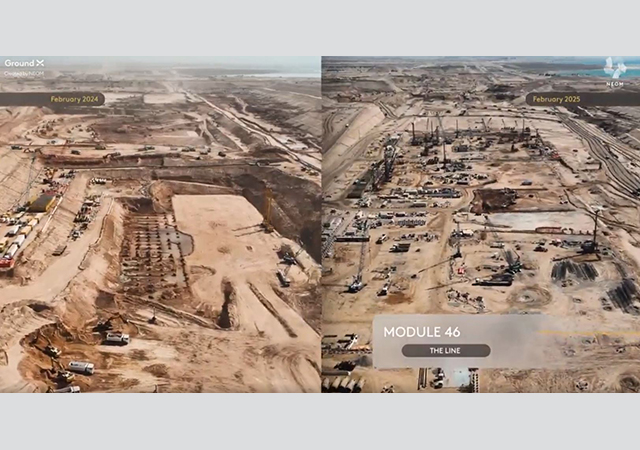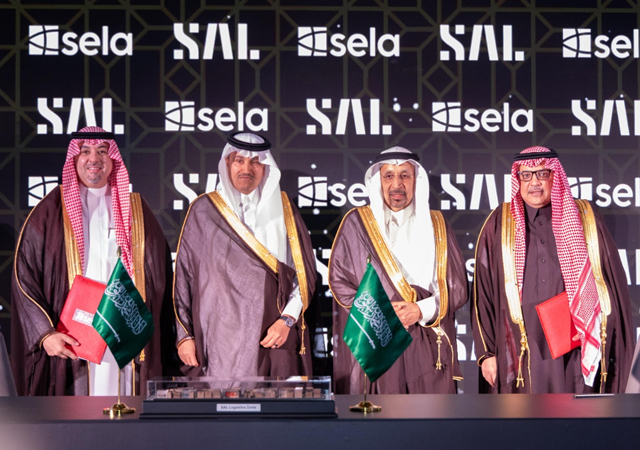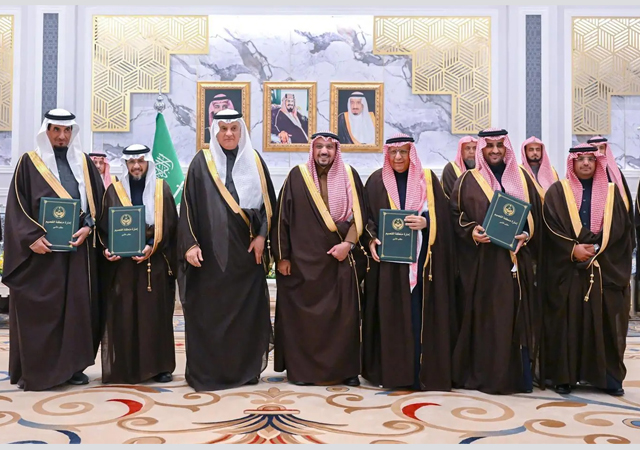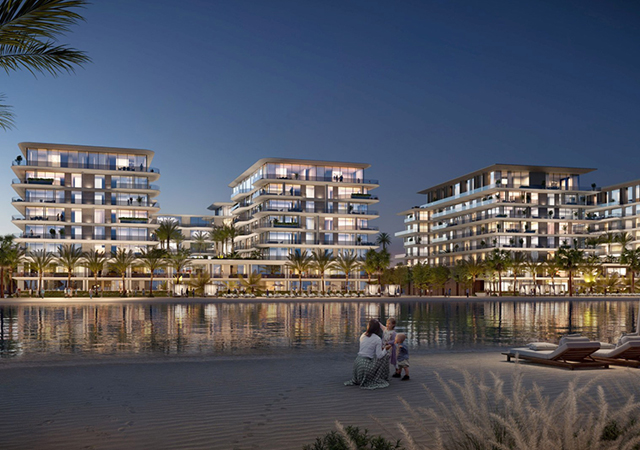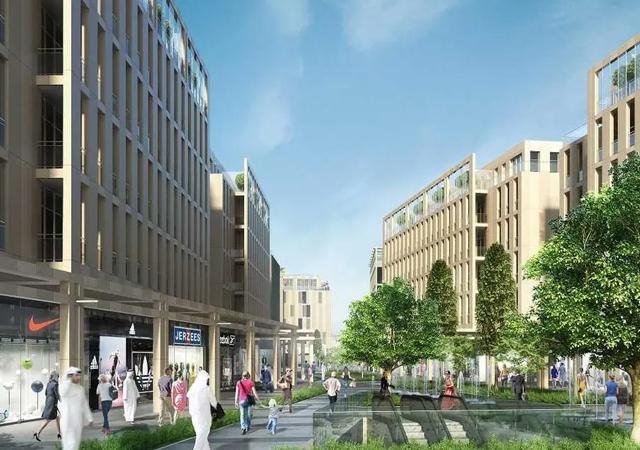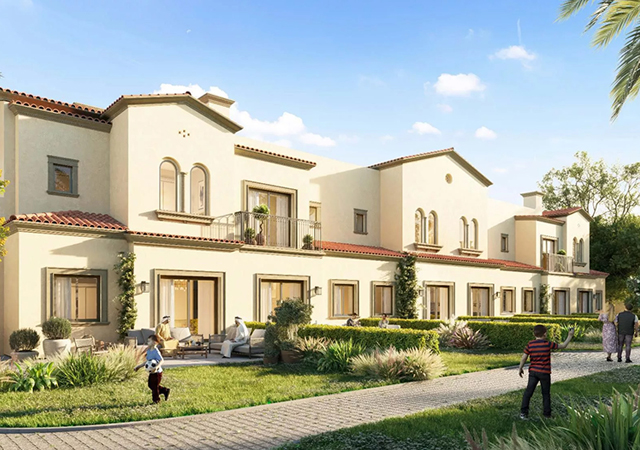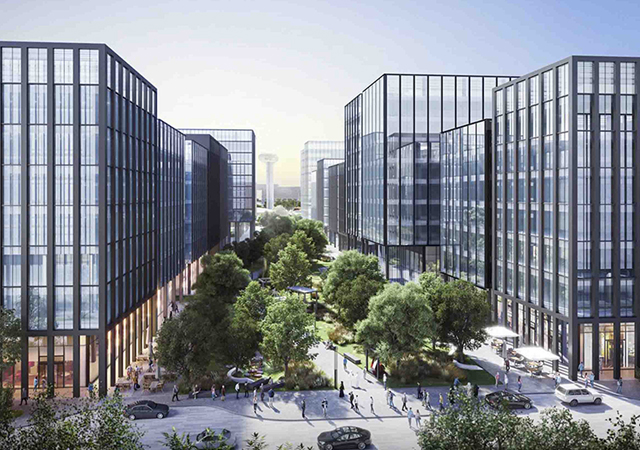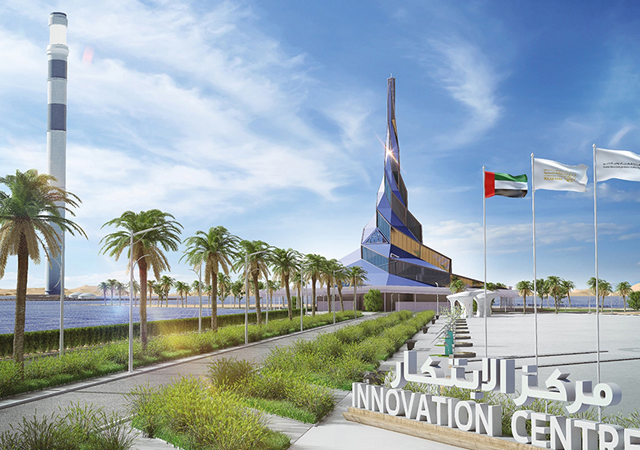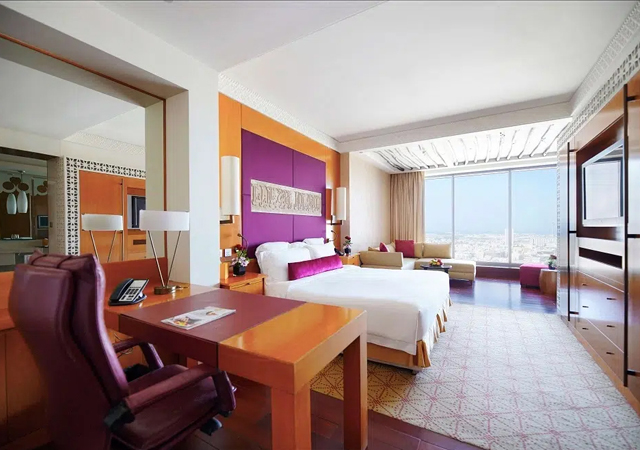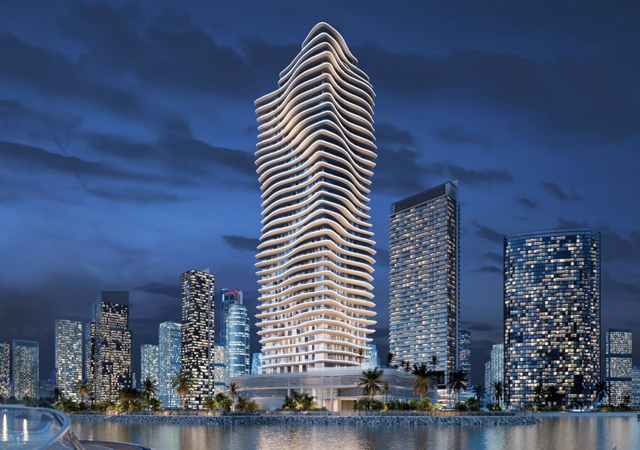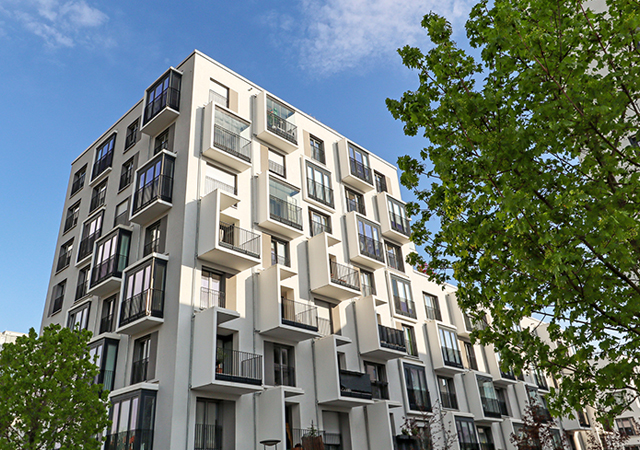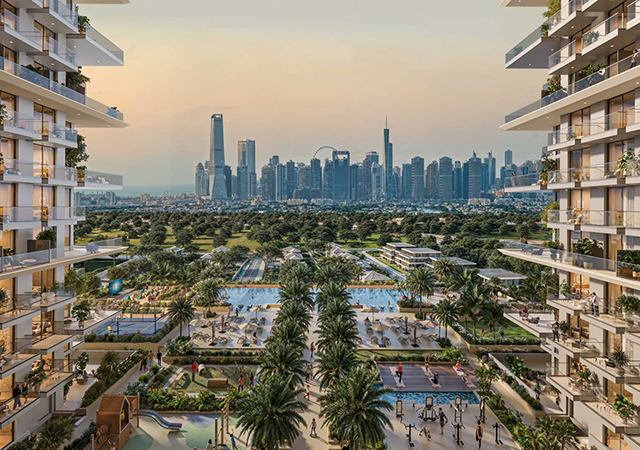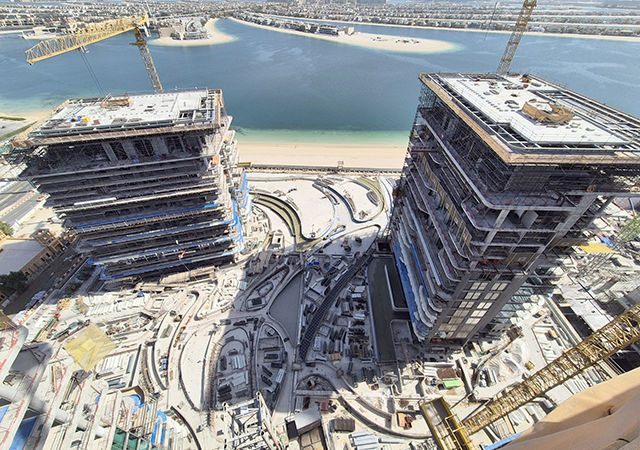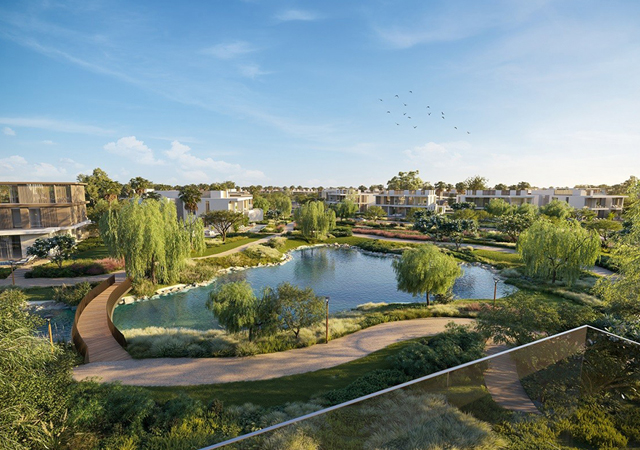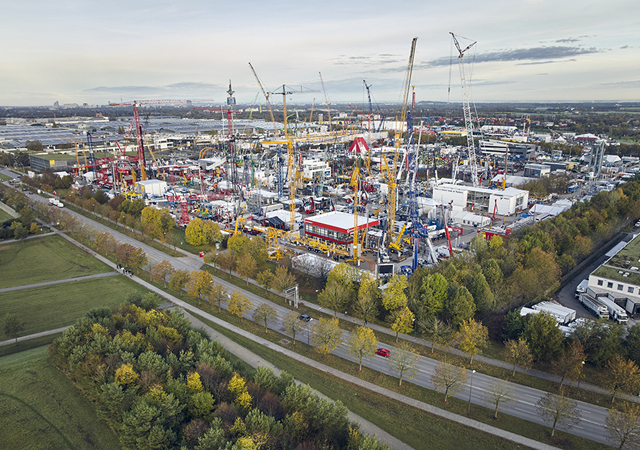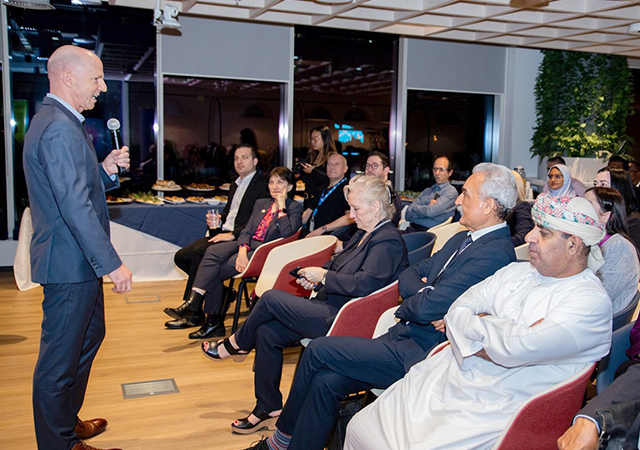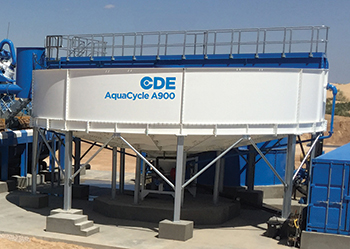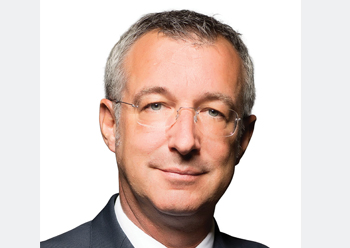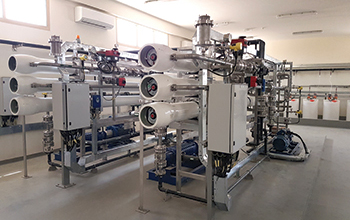
 The newly completed hazardous waste treatment facility in Jebel Ali ... Veolia’s latest success.
The newly completed hazardous waste treatment facility in Jebel Ali ... Veolia’s latest success.
Veolia, a global leader in optimised resource management, continues to add to its impressive project portfolio in the region, with its latest contract awards including a project to set up water and wastewater treatment plants in Egypt.
The France-based company last month successfully commissioned a hazardous waste treatment facility in Jebel Ali, Dubai, with Dubai Municipality.
The plant, which can treat 600 cu m of hazardous liquid waste that is polluted by industrial wastewater, oils, heavy metals, and acidic and alkaline waste, was constructed by Veolia subsidiary Veolia Water Technologies.
Dubai Municipality’s Waste Management Department had selected Veolia Water Technologies in June 2016 to complete the supply, installation, and commissioning of the treatment facility in support of the Dubai Integrated Waste Management Master Plan 2030, which is driving effective sustainable waste management.
The move was made in readiness for the increase in hazardous liquid waste that is anticipated to be produced due to new and expanding industries in the emirate, says Veolia.
Thierry Froment, the chief operating officer of Veolia Water Technologies, Middle East, says: “Dubai is a rapidly booming market and the fast pace of urbanisation exponentially increases pollutants in the environment. It is critical for governments and organisations to have a sustainable and mature waste management system.”
“We are proud of our partnership with Dubai Municipality as it leads the way with the UAE’s first-of-its-kind hazardous waste management treatment facility,” Froment comments.
According to him, the new plant has the daily capacity to treat nearly 8,000 full household bathtubs – which will be transported to the plant by dozens of tanker trucks.
“The facility treats wastewater using appropriate process lines in dedicated plants based on their chemical composition and origin. With the ability to handle the variation in flow and load, the centre also provides tertiary treatment using the reverse osmosis (RO) system, enabling Dubai Municipality to reuse almost 75 per cent of the treated wastewater for irrigation, the reject water from RO is sent to evaporation ponds to evaporate it, which makes the plant Zero Liquid Discharge,” he adds.
Abdul Majeed Saifaie, the director of the waste management department at Dubai Municipality, says: “Veolia has supported us in achieving an enhanced waste management system at a time where there is a growing concern about the treatment of hazardous waste. We are very pleased with our partnership with Veolia, which has helped us become a role model to municipalities around the Middle East.”
Veolia Water Technologies brings global best practices and expertise in waste management to the region through its team of specialist and proprietary technologies, which include pH adjustment, Multiflo, dissolved air flotation (DAF), biological treatment, filtration, ultrafiltration (UF) and RO, says Froment.
Its latest contract in Egypt to construct and set up water and wastewater treatment plants for Assiut Supercritical Power Plant and Cairo West Power Plant was awarded by state-owned Egyptian Electricity Holding Company, which chose Veolia Water Technologies due to its extensive experience in the power generation market both in Egypt and across the wider Middle East region, and for its technical expertise.
“We are committed to our promise of resourcing the world and continue to bring this commitment to Egypt, as seen with our partnership with Egyptian Electricity Holding Company,” says Froment. “Through Veolia Water Technologies’ customised design, build and operational services and treatment facilities, we are able to cater to the Egyptian market’s needs. We are proud to be part of the solution of addressing the water scarcity and power outages in the country.”
Veolia Water Technologies is well suited to design, build, and deliver integrated systems to treat water and wastewater, the company says.
VWT Egypt has around 200 employees, mainly engineers and technicians able to implement the Veolia worldwide technologies in the local market. It will enable Assiut Supercritical Power Plant and Cairo West Power Plant to operate at maximum capacity while serving its boiler feed’s high demand for extra-pure demineralised water.


